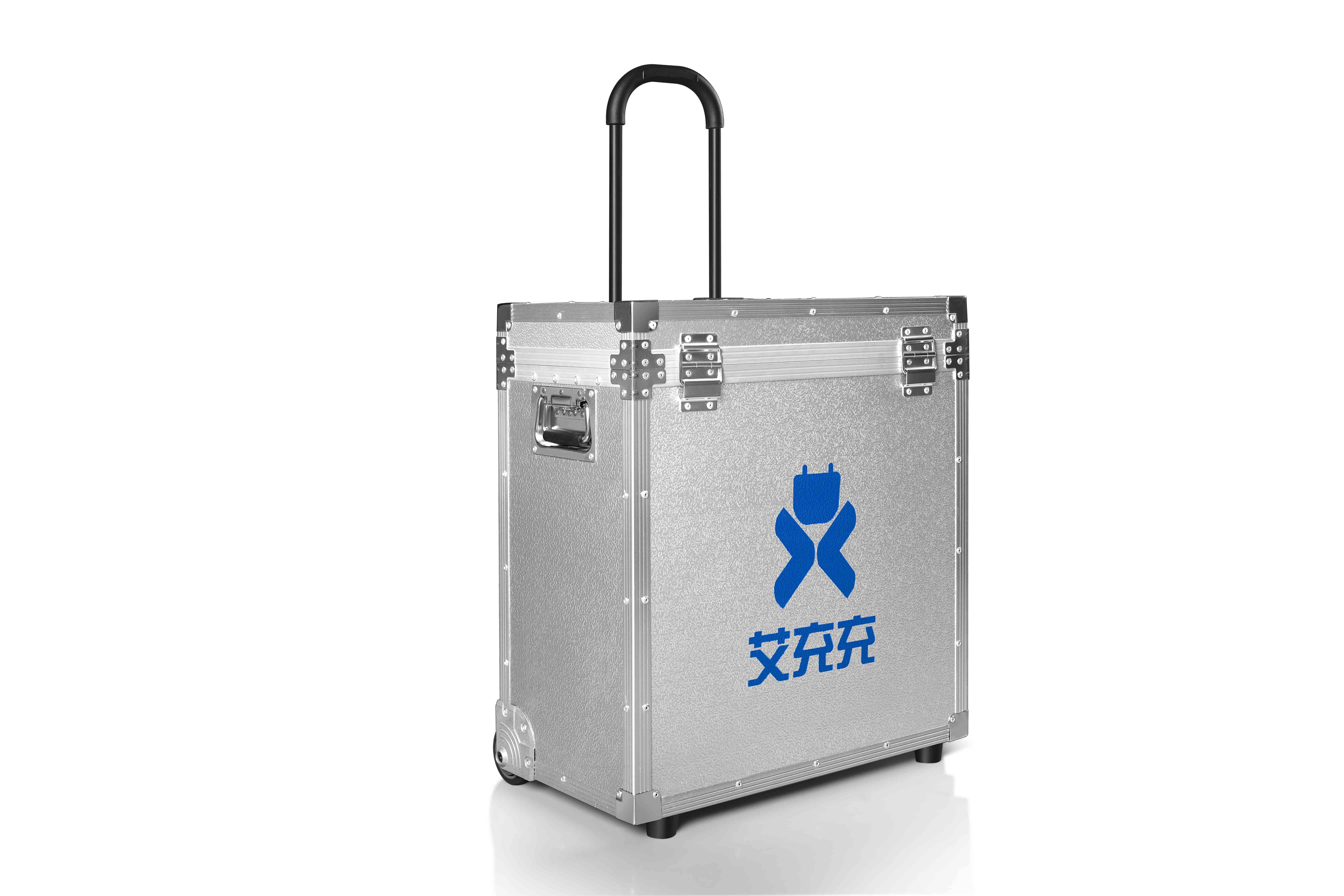
Nov . 08, 2024 00:51 Back to list
Home Battery Backup Solutions for Energy Independence and Cost Savings
Battery Backup for Home Ensuring Uninterrupted Power Supply
In today’s world, where technological dependency is at an all-time high, ensuring an uninterrupted power supply is crucial for both residential and commercial spaces. One effective solution to this problem is the implementation of battery backup systems. These systems not only provide emergency power during outages but also enhance the overall energy management in homes equipped with renewable energy sources.
The Need for Battery Backup
In recent years, power outages have become increasingly frequent due to various reasons such as natural disasters, equipment failure, and the aging power grid. For homeowners, this can lead to disrupted daily activities, spoiled food, and potential damage to electronic devices. Battery backup systems serve as a reliable solution, bridging the gap between power outages and the need for a continuous energy supply. They are especially vital for regions prone to frequent outages or areas with unreliable grid connections.
How Do Battery Backup Systems Work?
Battery backup systems are designed to store energy for later use. When the grid is functioning normally, these systems charge through the electricity supplied by your utility provider. In many cases, they can also be charged through renewable energy sources such as solar panels. When an outage occurs, the battery backup system automatically kicks in, supplying power to essential devices such as lights, refrigerators, and medical equipment.
Most modern battery backup systems use lithium-ion technology, which offers several advantages over traditional lead-acid batteries. Lithium-ion batteries are more efficient, have a longer lifespan, and require less maintenance. They also have a higher energy density, allowing them to store more energy in a compact form, making them ideal for residential use.
Benefits of Battery Backup Systems
1. Energy Independence By integrating a battery backup system with renewable energy sources, homeowners can achieve greater energy independence. This not only reduces reliance on the grid but also protects against potential rate hikes and fluctuating energy prices.
2. Cost Savings Although the initial investment may be significant, battery backup systems can lead to substantial long-term savings. By storing energy during off-peak hours or when solar production is high, homeowners can use that stored energy during peak times when electricity costs are higher.
battery backup for home exporter

3. Improved Home Resilience During a power outage, a battery backup system ensures that essential devices remain operational, providing peace of mind to families. This is especially important for households with young children, elderly members, or individuals with medical conditions.
4. Environmental Impact Utilizing renewable energy sources in conjunction with battery systems significantly reduces carbon footprints. As more homeowners invest in solar panels and battery storage, the collective impact can lead to a decrease in greenhouse gas emissions, contributing positively to environmental conservation.
Choosing the Right Battery Backup System
When considering a battery backup system, several factors must be taken into account
- Energy Needs Assess your household’s energy consumption to determine the capacity required for your backup system. Calculate the wattage of essential appliances and devices that would need to be powered during an outage.
- Type of Battery Evaluate whether a lithium-ion or lead-acid battery is more suitable for your needs. The former offers more efficiency and a longer lifespan, while the latter may be cheaper initially but comes with a shorter life and higher maintenance needs.
- System Integration Consider how well the battery backup can integrate with existing solar systems or other renewable energy sources, as this can optimize energy use and enhance savings.
- Installation and Maintenance Engage a qualified professional for installation to ensure compliance with local regulations and safety standards. Regular maintenance checks can also prolong the life of the system.
Conclusion
Battery backup systems are a vital addition to modern homes, offering reliability and resilience in an unpredictable world. As homeowners increasingly seek to protect their investments, ensure energy independence, and reduce environmental impact, battery backup systems stand out as a smart, forward-thinking solution. By selecting the right system tailored to specific energy needs, families can enjoy peace of mind knowing that they have a reliable source of power even when the grid fails. In an era where uninterrupted power is a necessity, investing in battery backup technology is more pertinent than ever.
-
Premium Battery Energy Storage Systems Utility & Commercial Applications Reliable Power
NewsJun.04,2025
-
Nearby Fast EV Charging Points Quick Charge & Reliable Access
NewsJun.04,2025
-
Best Home Battery Backup Power Supply Reliable & Efficient Solution
NewsJun.04,2025
-
Energy Storage Technology Comparison Find Your Ideal Solution
NewsJun.04,2025
-
Home Power Supply - Safe Voltage Solutions for Google Home
NewsJun.04,2025
-
Massachusetts Energy Storage Incentives Save Big with Top Benefits
NewsJun.03,2025























